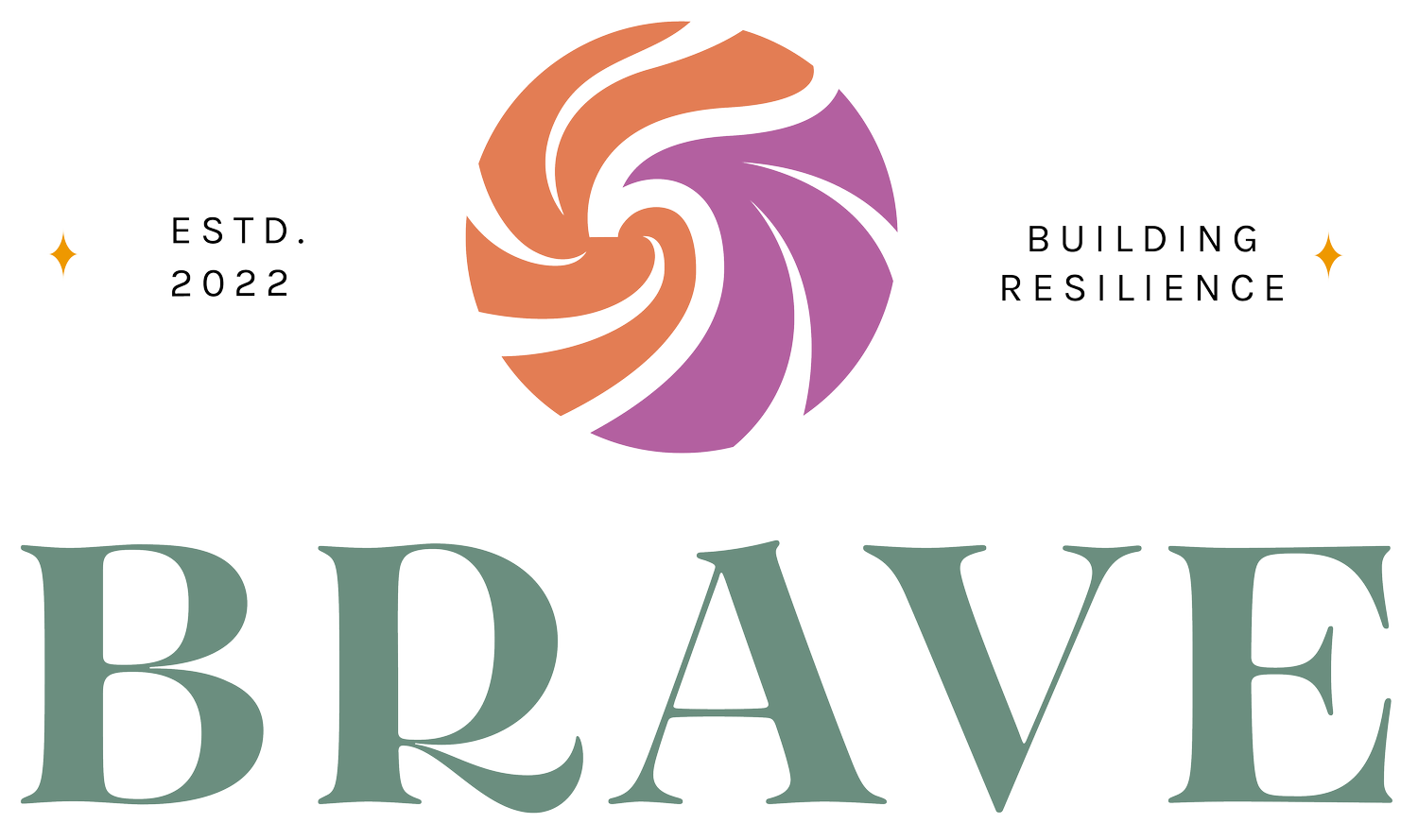Navigating Substance Use in Trauma Therapy: A Compassionate Approach
Of Course Substances Help with Trauma
As trauma therapists, we understand the profound impact that trauma can have on individuals and their coping mechanisms. One common coping mechanism that often emerges is substance use, because let’s be honest, it works!
There are very few things that will take away the pain of our past like drugs and alcohol. They make us feel good (at least at first), almost instantly block out all the bad stuff (until they don’t), and can help us feel connected with others (at least in the short-term).
Because this intersection between trauma and substance use is so common, it's essential for us as trauma therapists to approach it with empathy, understanding, and a focus on empowering our clients.
This week’s blog post is inspired by an upcoming podcast series my friend and colleague, Betsy Byler, invited me to do. She hosts the All Things Substance podcast and in a 4 part series, we will be exploring the intersection of trauma and substance use while discussing what we, as trauma therapists, can do to best support our clients.
Listen in to this week’s podcast here or watch us in action in the video below! 👇 And make sure to keep reading for my extra thoughts and musings. 😉
First Things First: Recognizing the Relationship Between Trauma and Substances
It’s not uncommon that as trauma therapists , we frequently encounter clients who have used substances as a way to cope with their traumatic experiences. Whether it's alcohol, drugs, or other substances, humans are able to find relief (at least temporarily) from their pain through substance use.
It is absolutely critical to acknowledge that substances can be effective in numbing emotions and providing a temporary escape. Our job then, as trauma therapists, is to understand and address the underlying reasons behind our clients' substance use.
The Role of Psychoeducation in Trauma Work
While trauma therapists may not always specialize in substance use treatment, we do need to be able to provide psychoeducation and create a safe space for clients to discuss their substance use. Many clients may not disclose their substance use unless directly asked, as they might not recognize how it’s related to their trauma. Conversely, they may know they’re using substances to cope and are ashamed or afraid to share this, even with their trauma therapist.
When we ask our clients about their substance use, or they disclose on their own, psychoeducation can help clients understand the potential impact of substance use on their well-being and provide them with the necessary information to make informed decisions.
The Middle Ground: Harm Reduction and Empowerment
When it comes to substance use in trauma therapy, our goal should not be to enforce immediate abstinence. Instead, we can adopt a harm reduction approach that focuses on gradual change and empowerment.
As Betsy shares in the podcast episode, encouraging clients to consider what reducing their substance use even just by 10% would look like for them can be a powerful starting point.
By taking small steps and allowing clients to be in the driver's seat, we create a supportive environment where they feel heard, understood, and empowered to make choices that align with their goals.
Addressing Secondary Gains and Uncovering Underlying Issues
Once we have covered the basics with psychoed, it’s important to explore and address any secondary gains our clients are getting from their with substance use. This helps us better understand the underlying reasons driving our clients continued use and can help clients uncover alternative coping strategies that are healthier and more sustainable.
This process involves gently guiding clients toward self-reflection and self-awareness, allowing them to recognize the impact of substance use on their lives and explore potential alternatives.
Knowing Our Limits and Seeking Specialized Support
As trauma therapists, we have to know our own limitations and biases when it comes to substance use. If substance use triggers personal unresolved issues or if we feel ill-equipped to provide the necessary support, our main two options are to seek out our own training and support or to refer out. The problem with referring out is the potential damage it can have on our clients, especially when their substance use is not severe.
This is where supports like Braving the Course come in! More on that below 😉
Empowering You to Work with Substance Use
Substance use is a complex and sensitive topic that often intersects with trauma therapy. By approaching substance use with empathy, understanding, and a harm reduction mindset, we can help our clients navigate this challenging territory.
Remember, our role as trauma therapists is to support and empower clients as they make choices that align with their goals and well-being. By providing psychoeducation, addressing underlying issues, and knowing our limits, we can create a therapeutic environment that fosters growth, healing, and resilience.
If you're interested in delving deeper into the intersection of trauma and substance use, join us for Braving the Course on August 28th at 6pmCST.
The second annual round of BtC will help you develop concrete tools and techniques to navigate substance use in trauma therapy. Register now and join us on a journey of learning and growth!
